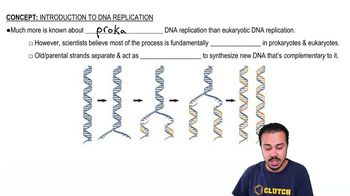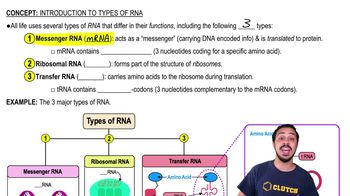You are provided with cultures with the following characteristics:
Culture 1: F^+, genotype A^+B^+C^+
Culture 2: F ̄, genotype A ̄B ̄C ̄
a. Indicate the possible genotypes of a recombinant cell resulting from the conjugation of cultures 1 and 2.
b. Indicate the possible genotypes of a recombinant cell resulting from conjugation of the two cultures after the F^+ has become an Hfr cell.




